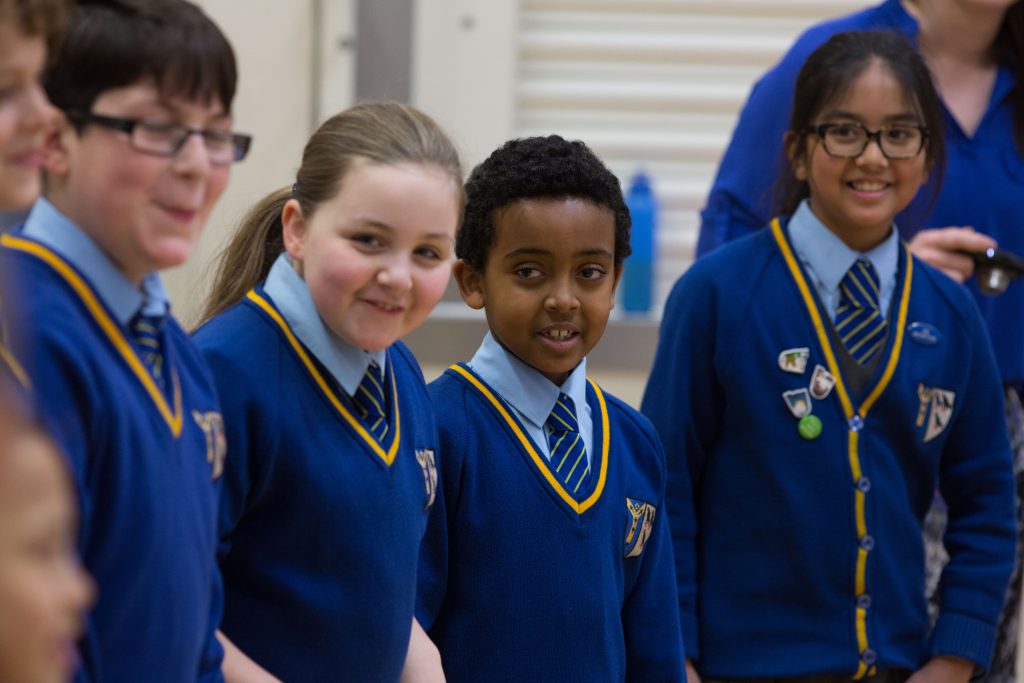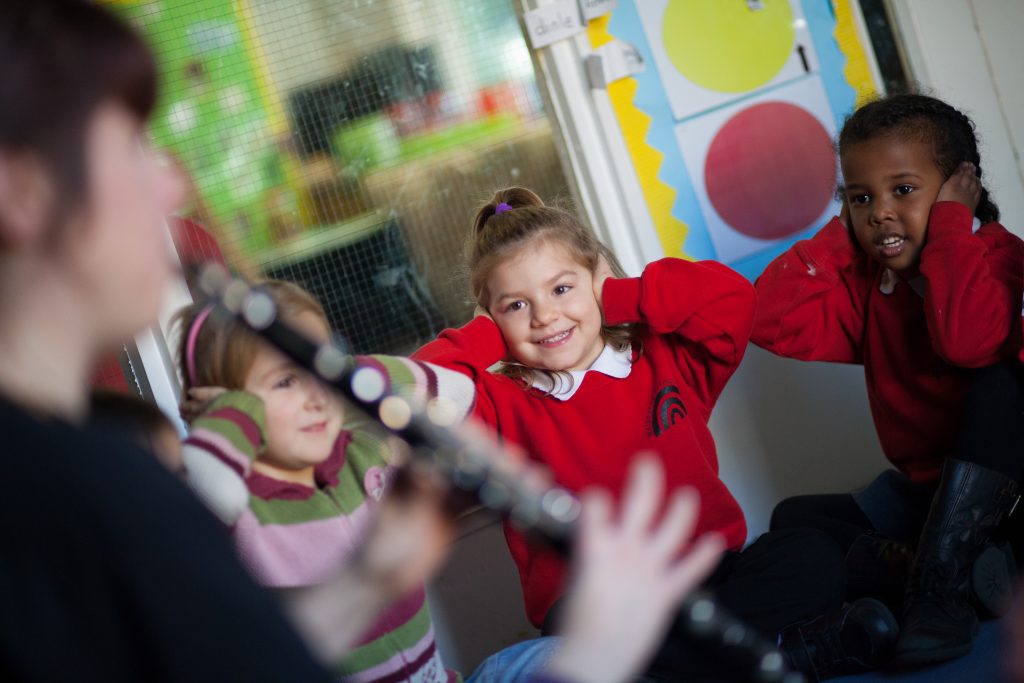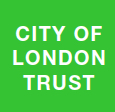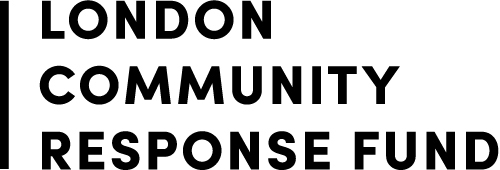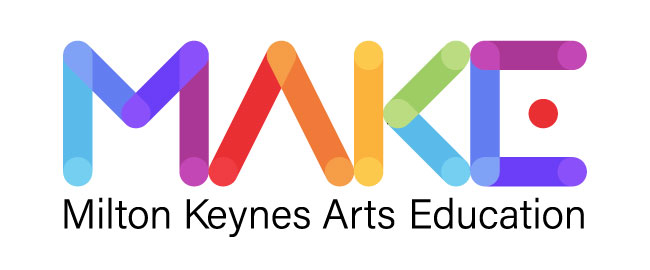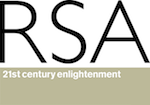A Broad and Balanced Curriculum: Creativity in the New Ofsted Framework
|
We’re here, we’ve made it to the Summer term. Before you know it we’ll be attending the end of year performances, packing up our books, and embarking on the six week Summer holidays. Yippee! But wait…before we get ahead of ourselves, now is the time to be looking ahead to next academic year, thinking about the plans we want to have in place that will help us when September comes round. Now is the time that school leaders will be thinking to the new proposed Ofsted Framework and what it means for their schools. We’ve highlighted some of the key changes and what these changes could mean for creativity in schools:
The four areas of judgement have changed from:
to:
The prioritisation on quality of education is notable, and this judgement area focuses on the curriculum being knowledge-rich; however, ‘this must not be reduced to, or confused with, simply memorising facts. Inspectors will be alert to unnecessary or excessive attempts to simply prompt pupils to learn glossaries or long lists of disconnected facts’. Amanda Spielman wrote that ‘[t]his judgement is intended to restore curriculum – largely ‘missing in action’ from inspection for more than a decade – to its proper place, as an important component of the quality of education.’ For the arts, which is both part of the curriculum but also has a unique ability to explore all other parts of the curriculum through it, the restored focus in curriculum is a welcome change.
In Artis sessions, children are using performing arts skills whilst deepening their engagement with maths, literacy, history, geography, or any other school priority or focus area.
The Ofsted Framework refers to “Cultural Capital” which is great for arts and cultural education. In the proposal, Cultural Capital is described as the essential knowledge that pupils need to be educated citizens, introducing them to the best that has been thought and said and helping to engender an appreciation of human creativity and achievement.’ As Aidan Severs writes, “Ofsted will be looking for schools that are offering a well thought-out, knowledge-led curriculum They are looking for a curriculum that also that promotes mastery of skills, whilst allowing pupils opportunities.”[1] This supports the inclusion of cultural education in the curriculum that develop skills for life. Arts and creative learning undoubtedly benefit from this addition to the framework. We were particularly interested in the use of the term “expert-led” to support mastery, as Artis sessions are led by performing arts educators who are specialist creative practitioners. We also offer school’s CPD workshops to upskill their teachers in creative approaches in the classroom, so that teachers too can be experts in an area they are less confident.
Finally, there is lots of mention of character development and resilience in the new Ofsted framework:
The new framework proposes that “behaviour and discipline will be considered separately to how they look after their pupils and encourage them to grow.”[2] This means that schools will need to focus on how they offer opportunities for children to develop as well-rounded individuals. We know that the arts give children opportunities to develop confidence, resilience, creativity, and teamwork. It can help children express themselves and explore learning in a more holistic way than traditional structured approaches. As Michelle James, CEO of Sing Up, writes ‘Ofsted want schools to feel empowered enough to move away from teaching to the test, and go back to teaching well, providing pupils with a broad and rich education.’ At Artis, we believe that this new framework supports our ambitions for schools to focus on building character, improving wellbeing and supporting children to fulfil their potential. Overall, the prominence on curriculum, cultural capital, and character education should be a positive boost for schools when thinking of how they plan for the year ahead. Further reading:
|
02 May 2019 |

